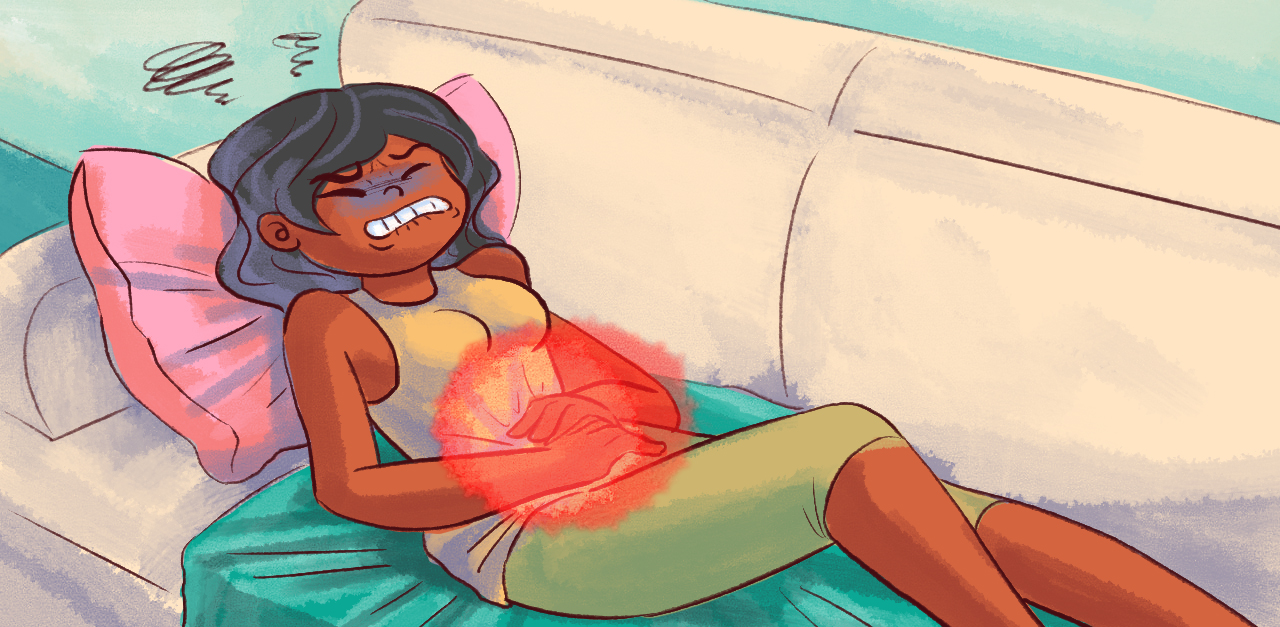
Endometriosis myths have been causing problems for countless women for decades. It used to be thought of as a rare disease. However, a study published by the Royal College of Obstetricians and Gynaecologists in 2017 found that as many as 10% of premenopausal women and girls have endometriosis. That amounts to hundreds of millions of people worldwide.
At the same time, endometriosis is poorly understood. Myths about the condition are still pervasive, despite the growing realization that it's one of the most common chronic illnesses among women. These myths are largely responsible for the fact that many women with the disease suffer for years before being correctly diagnosed, let alone effectively treated.
Endometriosis is not considered to be life-threatening. However, it is responsible for countless hours of intense pain, lost productivity, and unnecessary suffering. If we all do our part to fight endometriosis myths and spread awareness, many women can be spared years of pain that they don't understand. Scroll through to learn all about what this condition is — and what it's not.
Myth: Endometriosis Is Just Bad Period Cramps
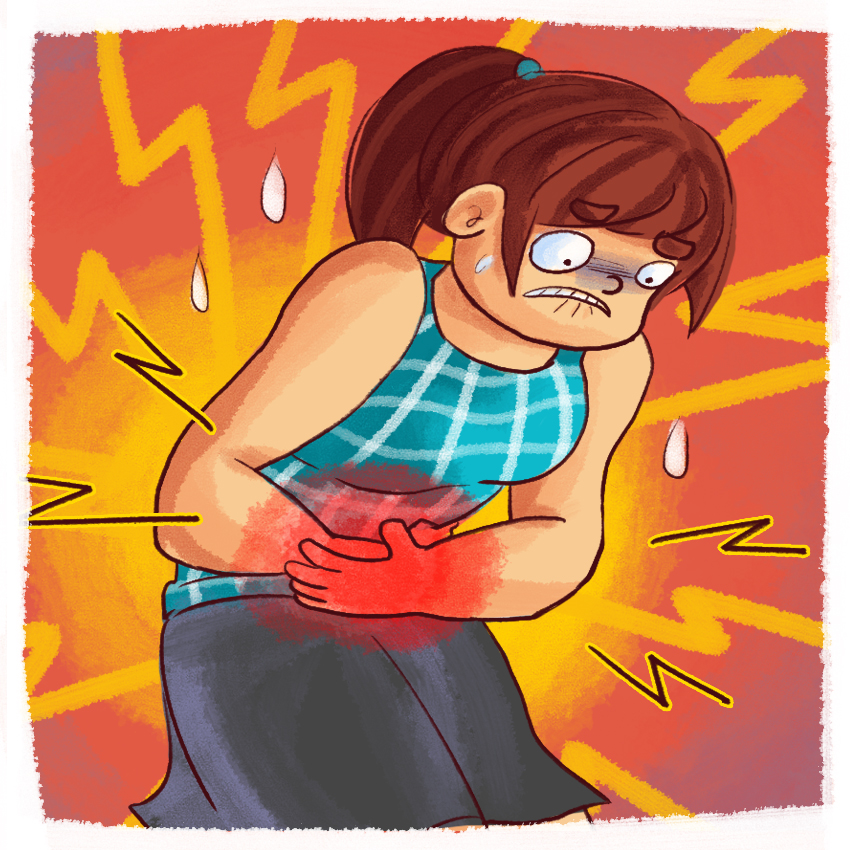
One of the most common endometriosis myths is that it's simply worse-than-normal menstrual cramps. In reality, endometriosis is a chronic illness, in which tissue similar to that of the lining of the uterus grows in other parts of the body. This can cause all kinds of complications far beyond severe cramps.
Myth: Endometriosis Only Affects the Uterus
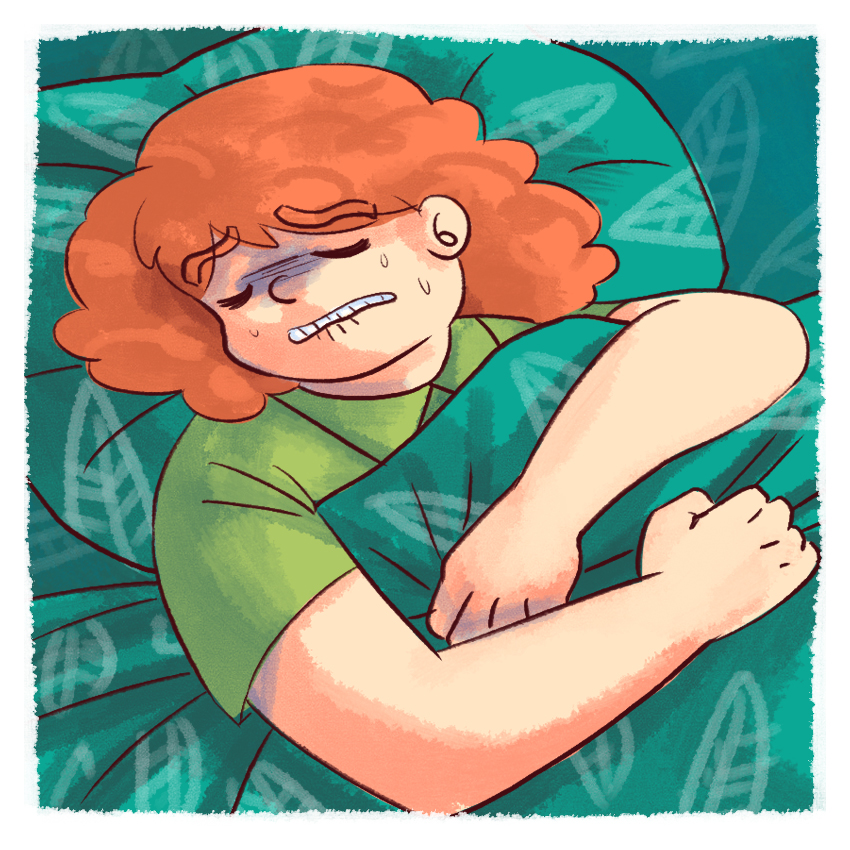
The abnormal growth of endometrial-like tissue typically starts around the uterus. However, it can spread to other areas of the body, affecting the colon, hips, ovaries, and even the lungs.
In fact, endometriosis in the chest has been recently found to be much more common than previously thought — much like endometriosis in general.
Myth: Endometriosis Pain Only Happens During or Around Menstruation

Because of the misconceptions that endometriosis is only in the uterus and is simply bad cramps, it's often thought that the related pain only happens during or shortly before menstruation, like PMS.
However, many sufferers experience pain during ovulation instead of or in addition to feeling pain during their periods. In severe cases, women can experience pain and other symptoms all month long.
Myth: Endometriosis Is Caused by Delaying Pregnancy
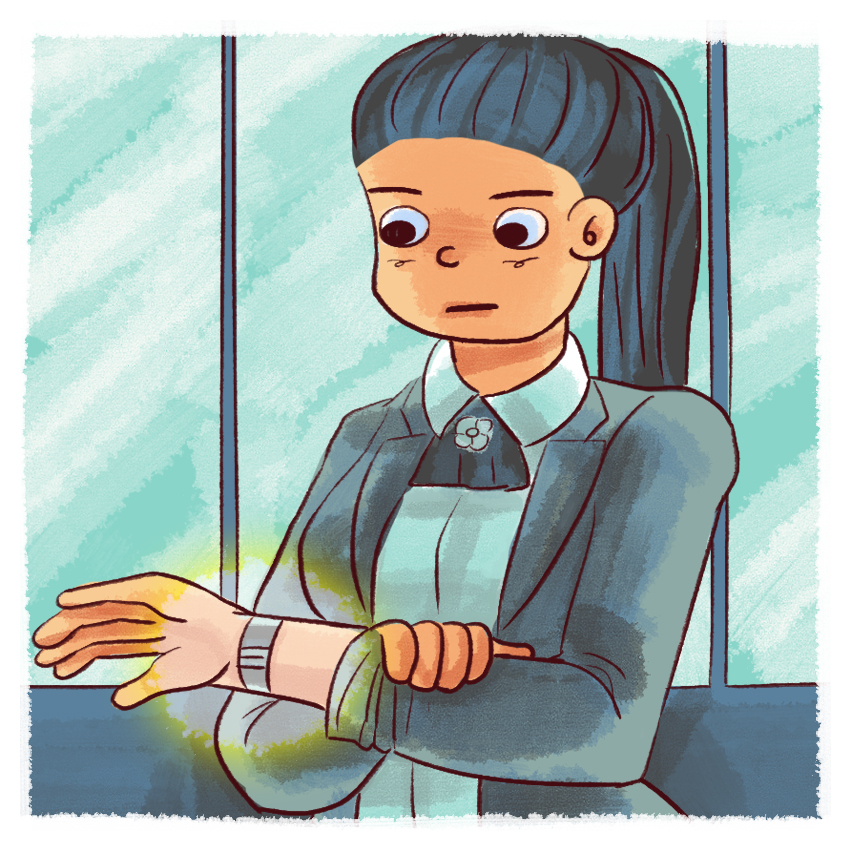
According to the Guardian, this myth has no basis in reality.
Not becoming pregnant has no connection to the risk of getting endometriosis. Experts have not yet determined the root cause of the disease, but the most likely culprit is abnormalities in menstrual flow.
Myth: Endometriosis Is Cured by Becoming Pregnant
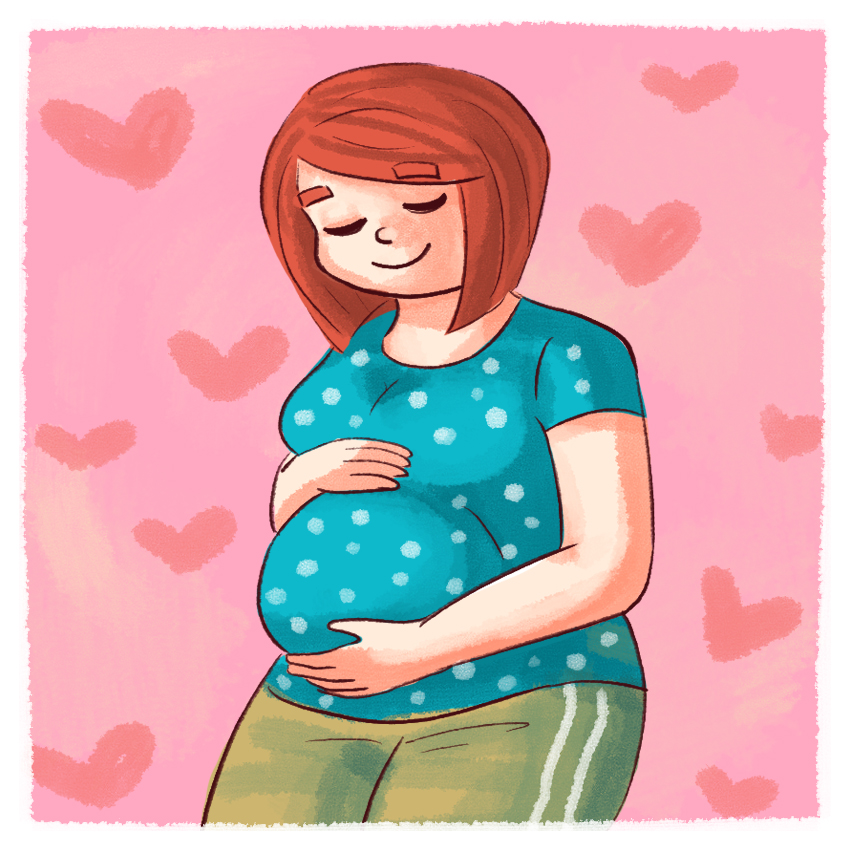
A change in hormones might suppress the symptoms of endometriosis or slow its growth. Pregnancy definitely causes a change in hormones, but it does not magically cure the disease — if anything, it might give temporary relief from symptoms.
In fact, some women might not have any symptoms until they become pregnant or until shortly after they give birth.
Myth: Endometriosis Can Be Cured With Birth Control Pills
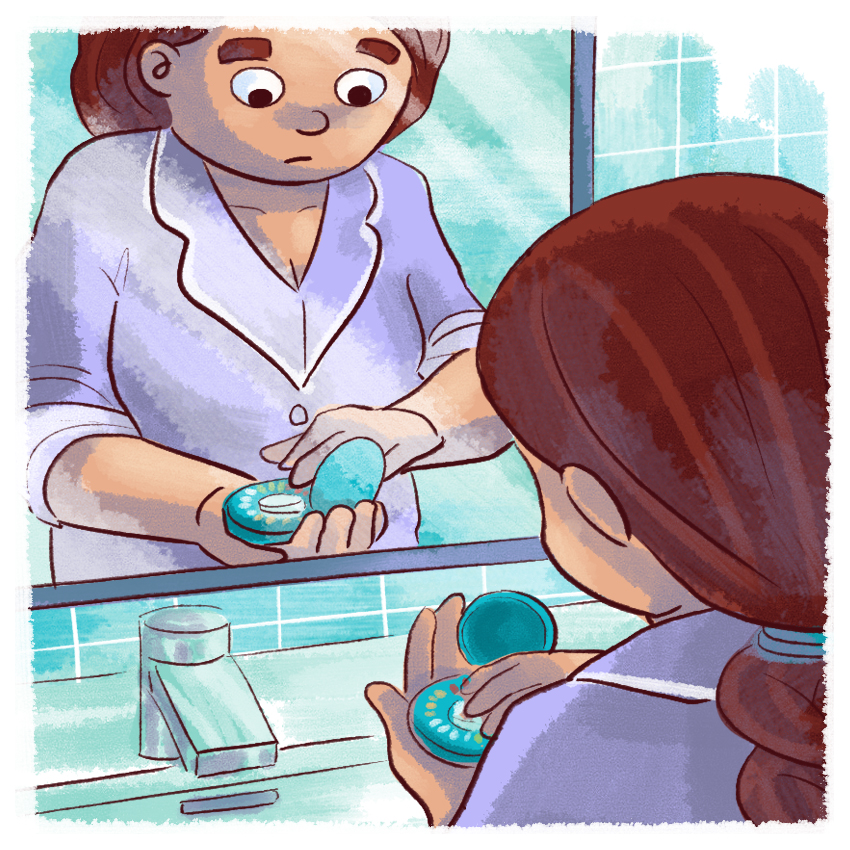
Birth control pills and other hormonal interventions are often prescribed as a treatment for the painful symptoms of endometriosis. However, hormone treatment is not a cure. As of yet, there is no cure for this disease, and surgery is the only current option to remove the rogue tissue that's causing symptoms.
Myth: Endometriosis Is Cured via Hysterectomy
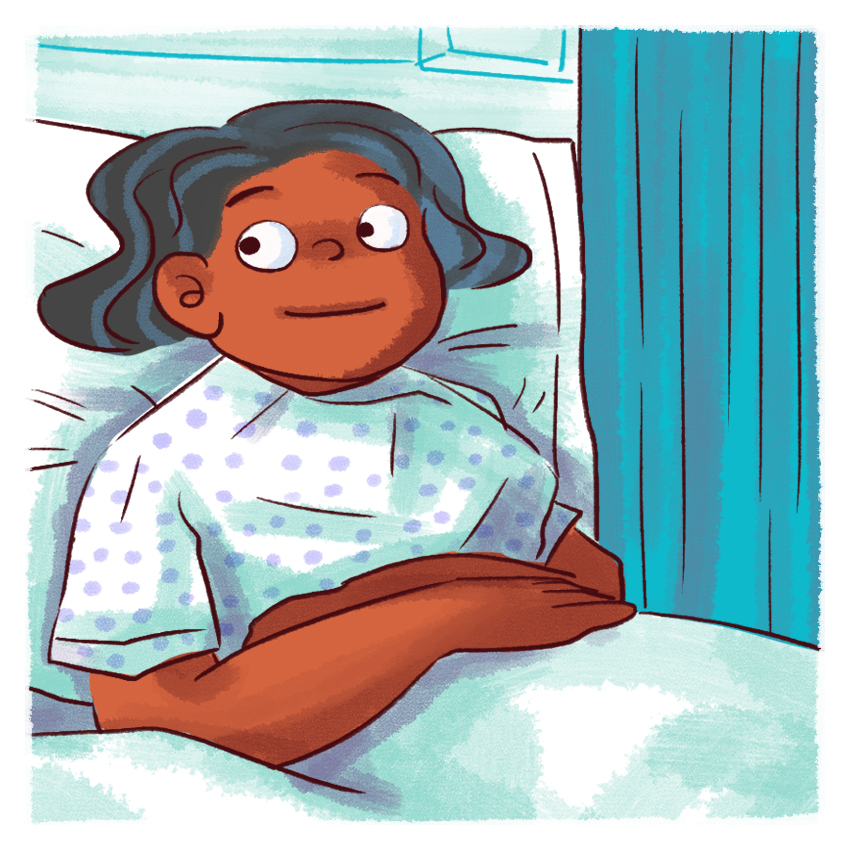
Many women with endometriosis eventually undergo a hysterectomy to reduce their pain and make their lives manageable again. However, it is not a permanent cure, largely due to the fact that the tissue causing the problem is not the exact same kind of tissue found in the uterus, as was once believed.
Endometriosis can and will continue with or without a uterus.
Myth: Only Women Between the Ages of 25 and 35 Get Endometriosis

This myth came from the fact that women are typically diagnosed between the ages of 25 and 35. However, any person who has menstruated can have endometriosis. Additionally, although it is rare, it is possible for men to have the disease.
Myth: Endometriosis Equals Infertility
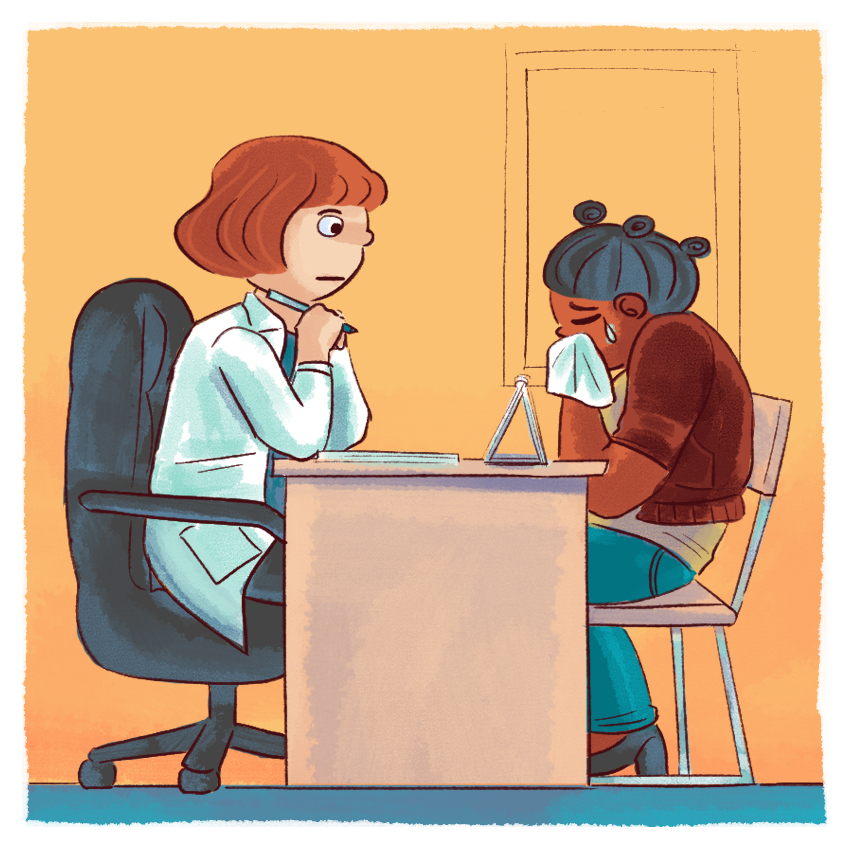
Endometriosis has long been associated with fertility issues, but it's unclear exactly how many women with the disease will be completely unable to conceive. However, plenty of women with endometriosis do go on to have children. You are not definitively infertile just because you have the illness.
Myth: Endometriosis Can Be Caused by Psychological Trauma
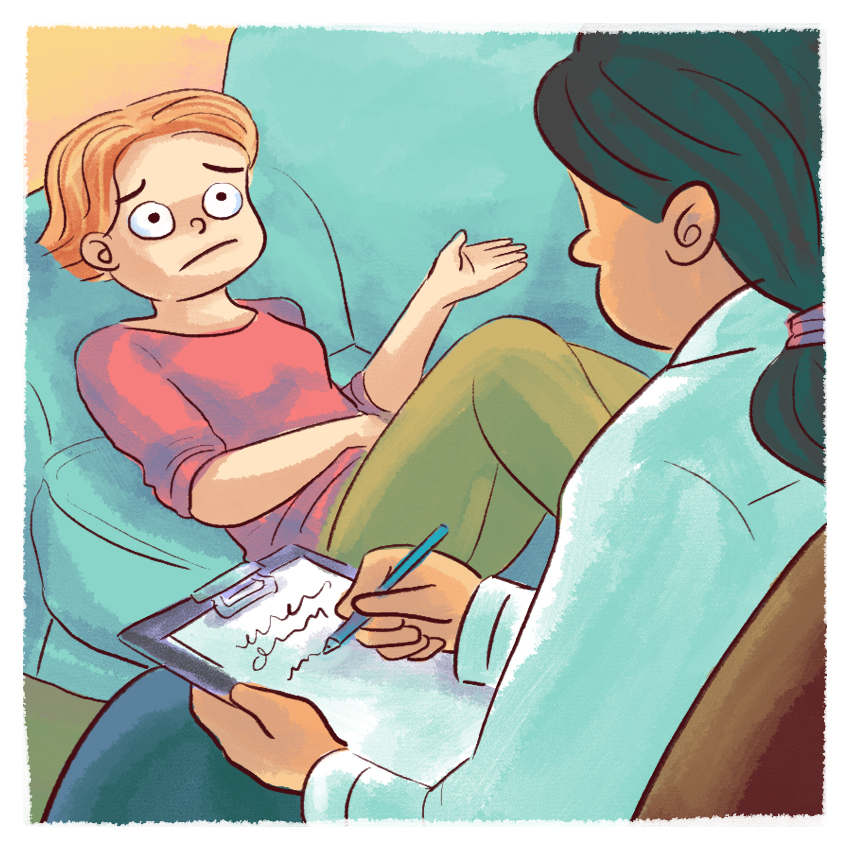
This is another odd but pervasive endometriosis myth with no basis in reality.
Many women experience emotional distress due to the complications of the disease that can seriously interfere with their lives. However, there is no evidence that any kind of emotional trauma causes it to begin with.
Myth: Severely Painful Periods Are Normal
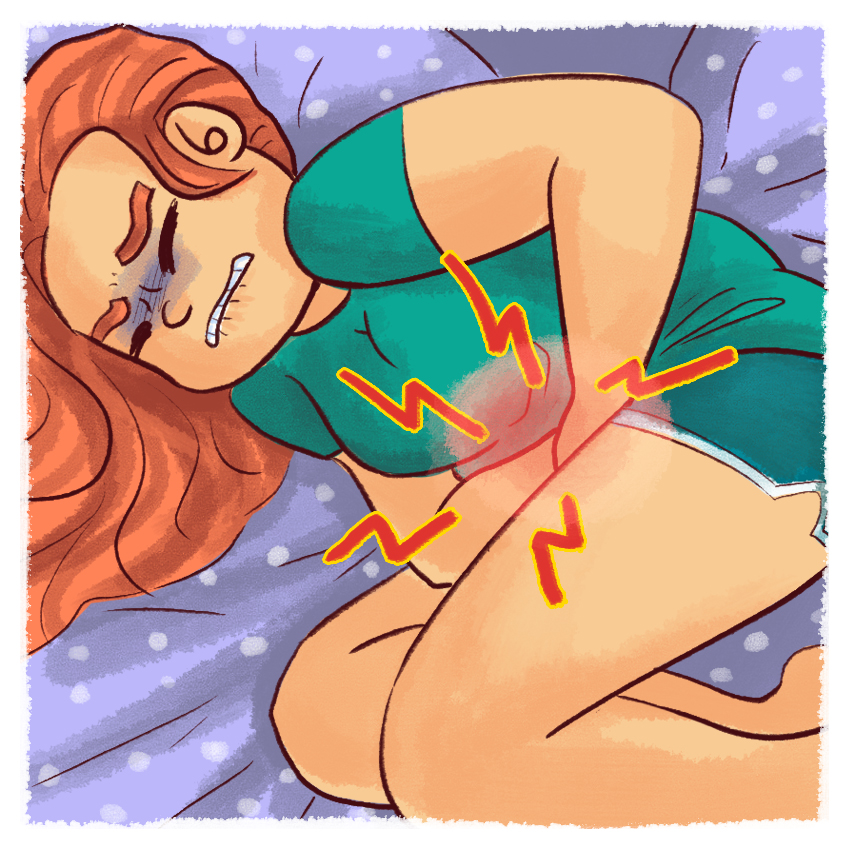
A large part of the reason why so many women and girls go so long without being diagnosed is the incredibly common myth that menstrual cramps are supposed to be super painful — and that it's somehow "not proper" to discuss periods and their accompanying symptoms.
Some cramping is normal, but severe pain that keeps you from living your life for a week out of every month is not normal. If this describes you, go see a doctor.
Myth: Women With Endometriosis Are Just Exaggerating Their Pain
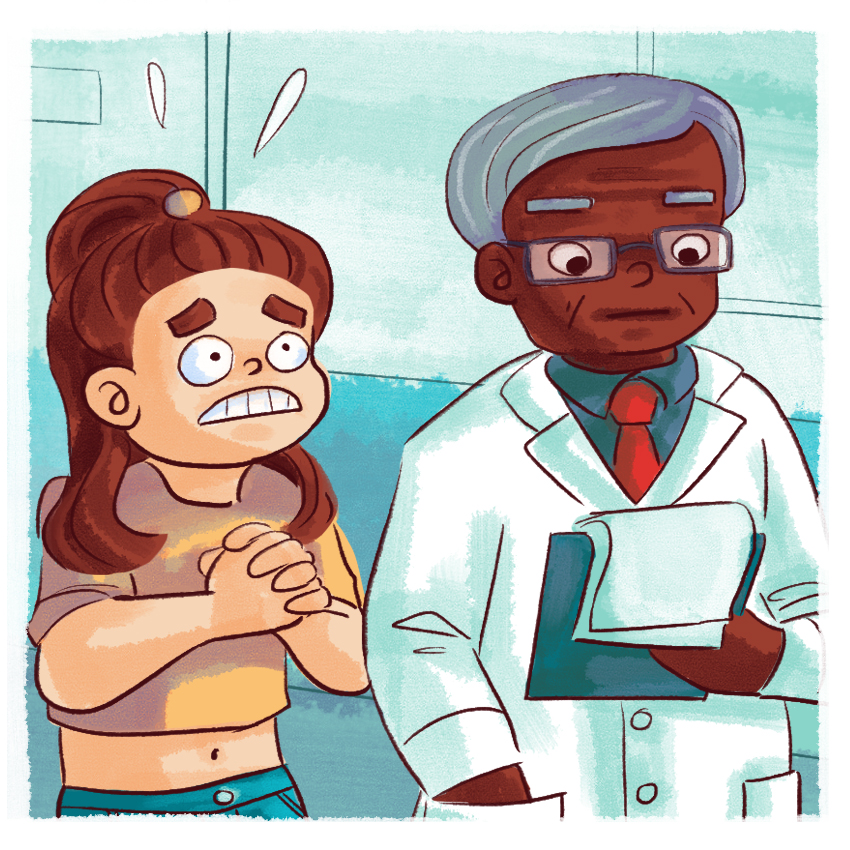
This is perhaps the most harmful myth of all. Endometriosis is a real disease with a real, proven source that can be visibly seen inside the bodies of those who suffer from it. Sufferers are not exaggerating their pain, and they are not faking it.
Truth: Endometriosis Is Real and Can Be Devastating
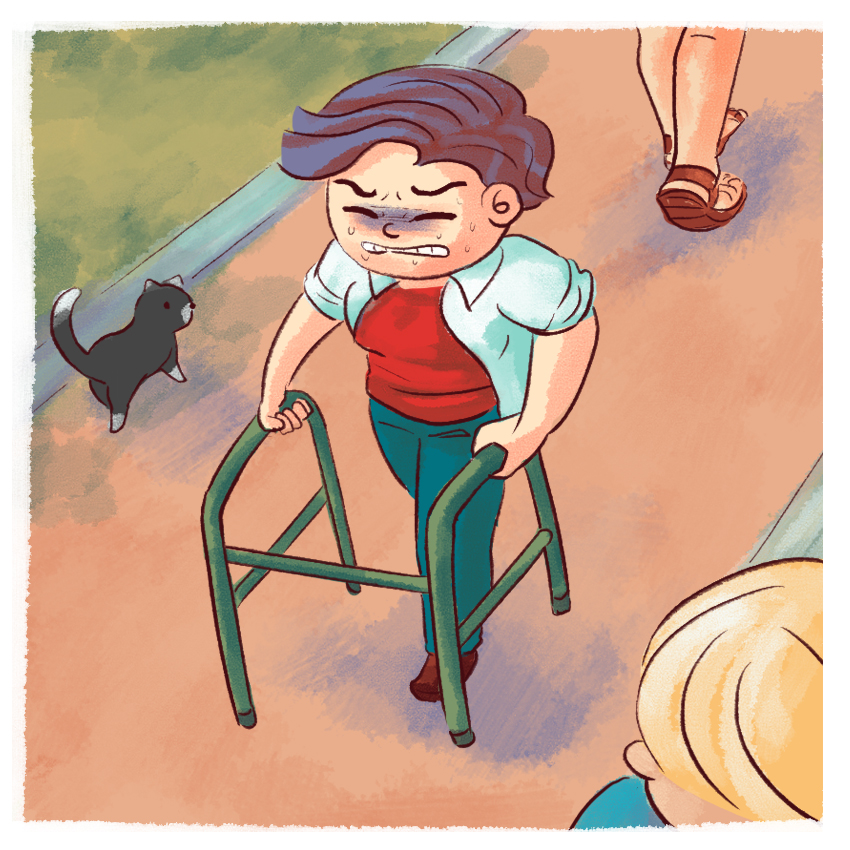
Some people with endometriosis do not have any symptoms. Others experience intense pain nearly every day, sometimes to the point of barely being able to walk. Still others have gastrointestinal issues that make it difficult to eat anything, or they suffer from collapsed lungs. These symptoms cannot be faked.
Truth: Endometriosis Is Widely Misunderstood

Despite how common, painful, and disruptive endometriosis can be, it's still one of the most widely misunderstood chronic diseases out there.
There are very few endometriosis specialists, and many doctors still believe in many of the myths listed above. The only chance for a cure lies in spreading the correct information. Please share these myth-busters to help millions of women everywhere, and see a doctor if you experience any possible symptoms of endometriosis.




